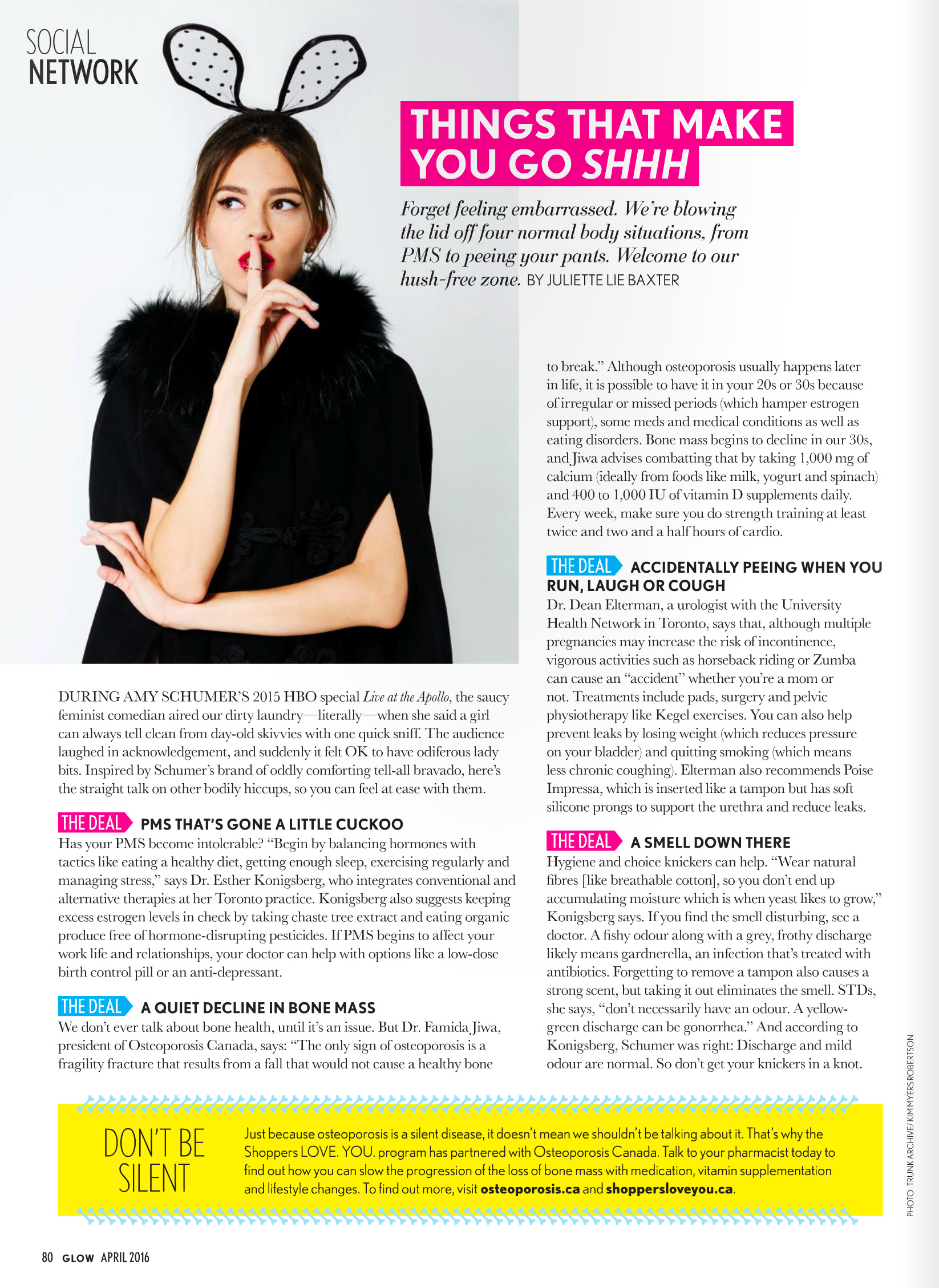
1) It stimulates a complex biochemical process that causes kidneys to produce more urine. As a result, you might feel like you have to pee more often when drinking.
2) Alcohol also dehydrates the body, which is one of the reasons we get hangovers. It helps to drink water to deal with the hangover, and naturally, when you drink more water, your bladder starts working overtime.
What to do?
If your symptoms are mild, you can simply cut down on the amount of alcohol you consume. Each person is different, with a unique personal and medical history, predispositions, and even the body size all of which can affect your “safe” dose. Listen to your body and how it reacts, regardless of the “recommended” guidelines.
If your symptoms are extreme, avoid drinking alcohol until the underlying condition is dealt with (explore the treatment options). Incontinence can be a lot more than a nuisance, so get it checked out.




